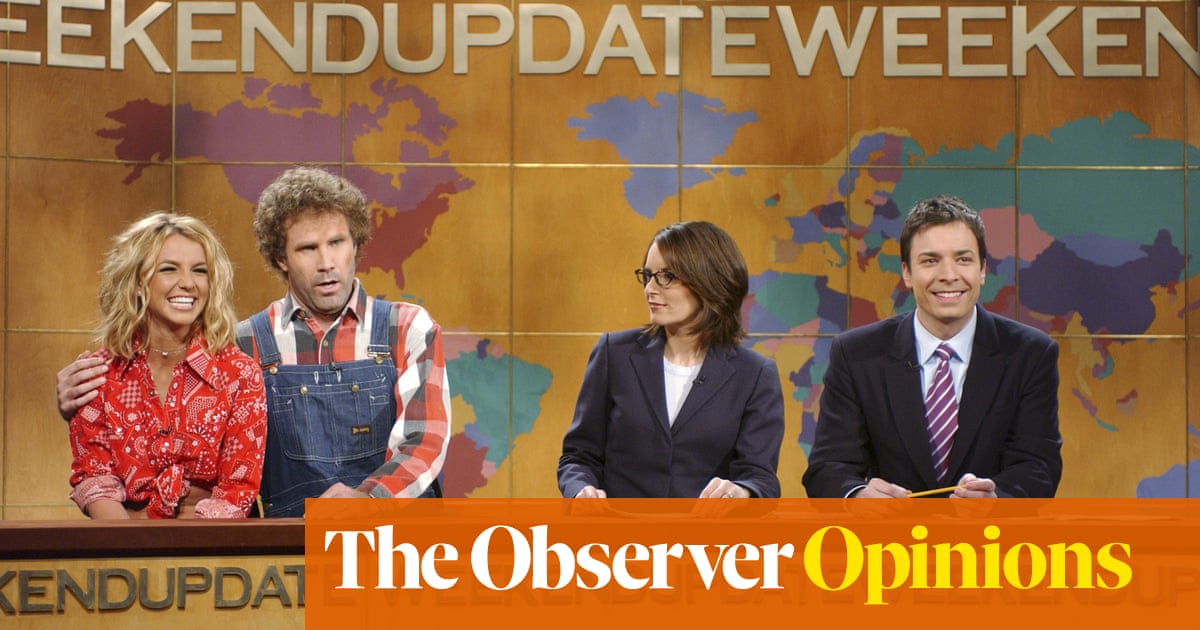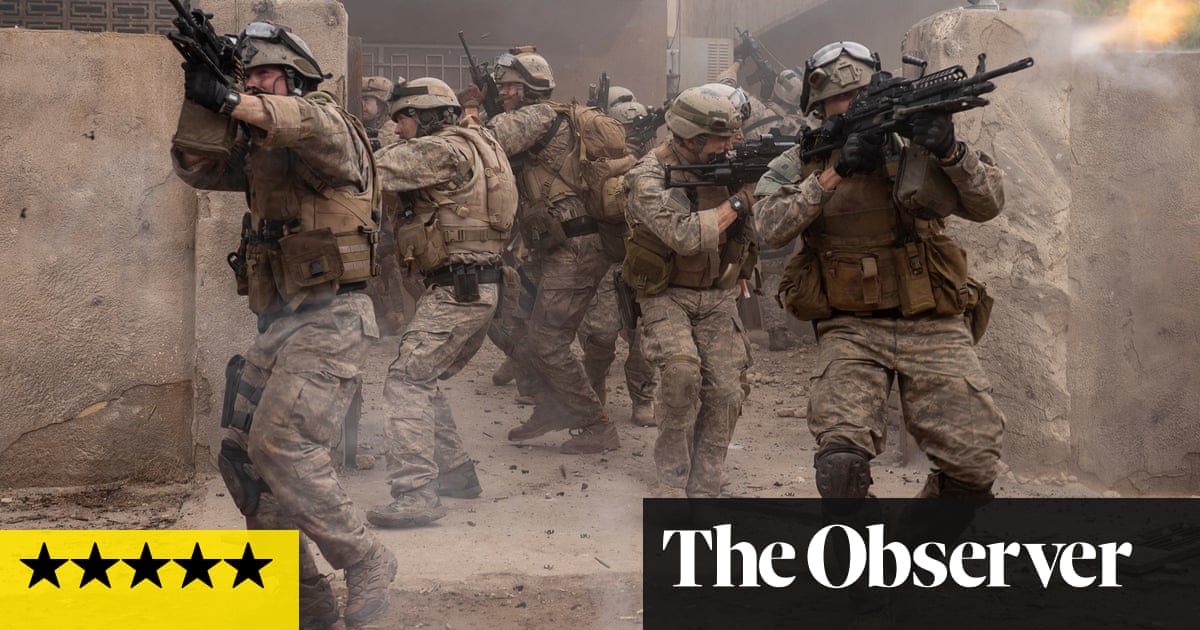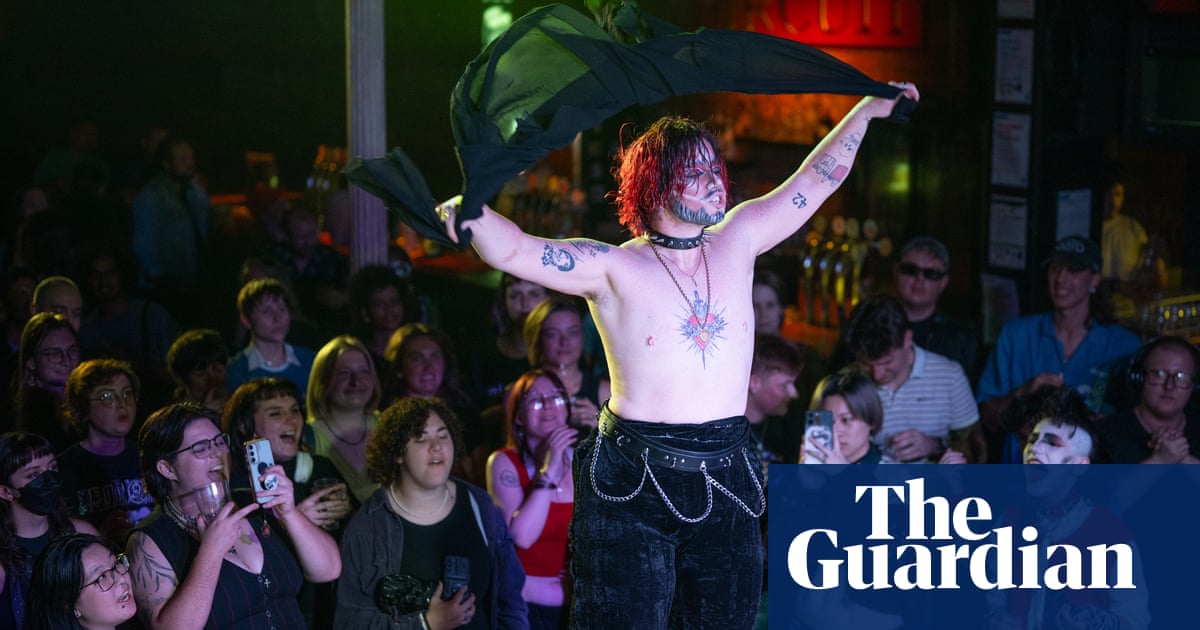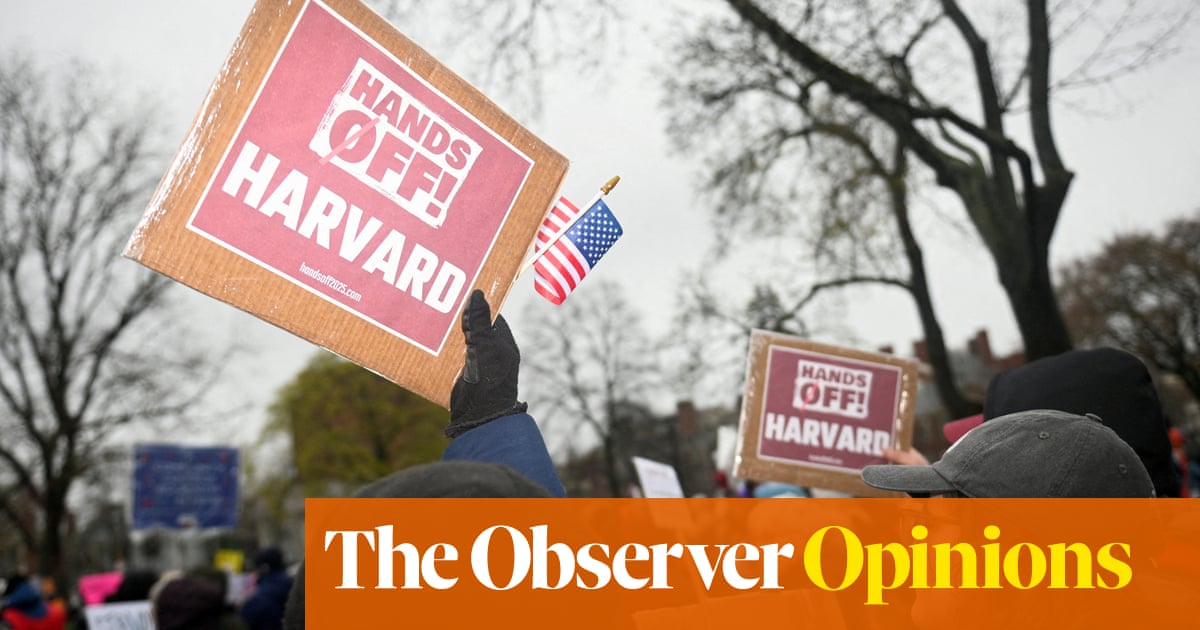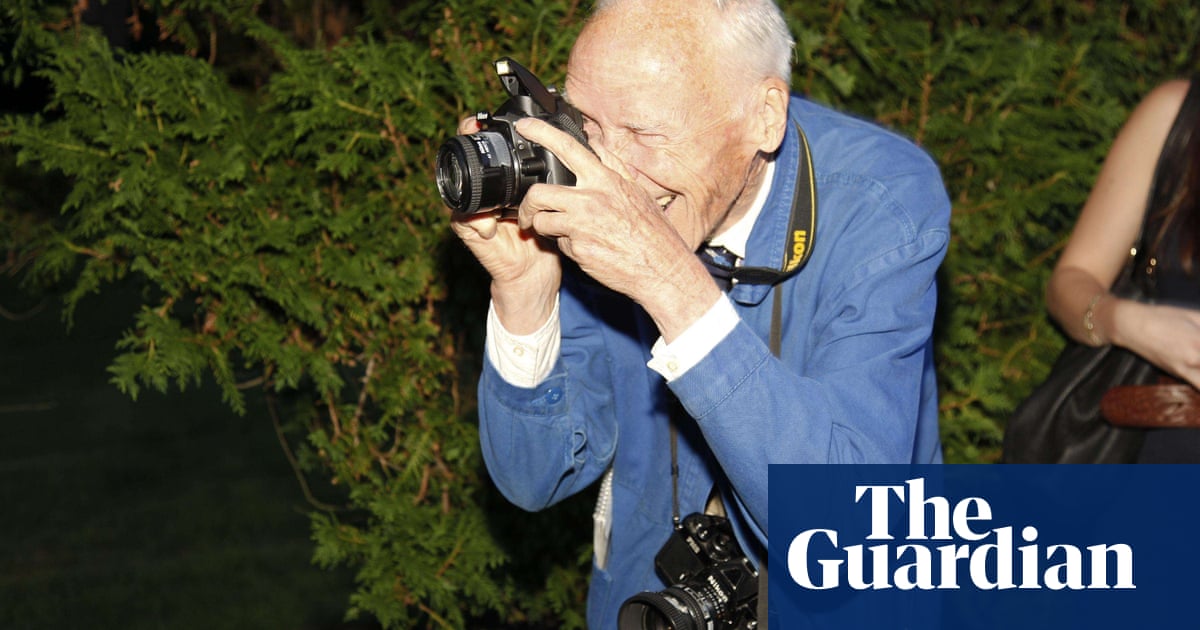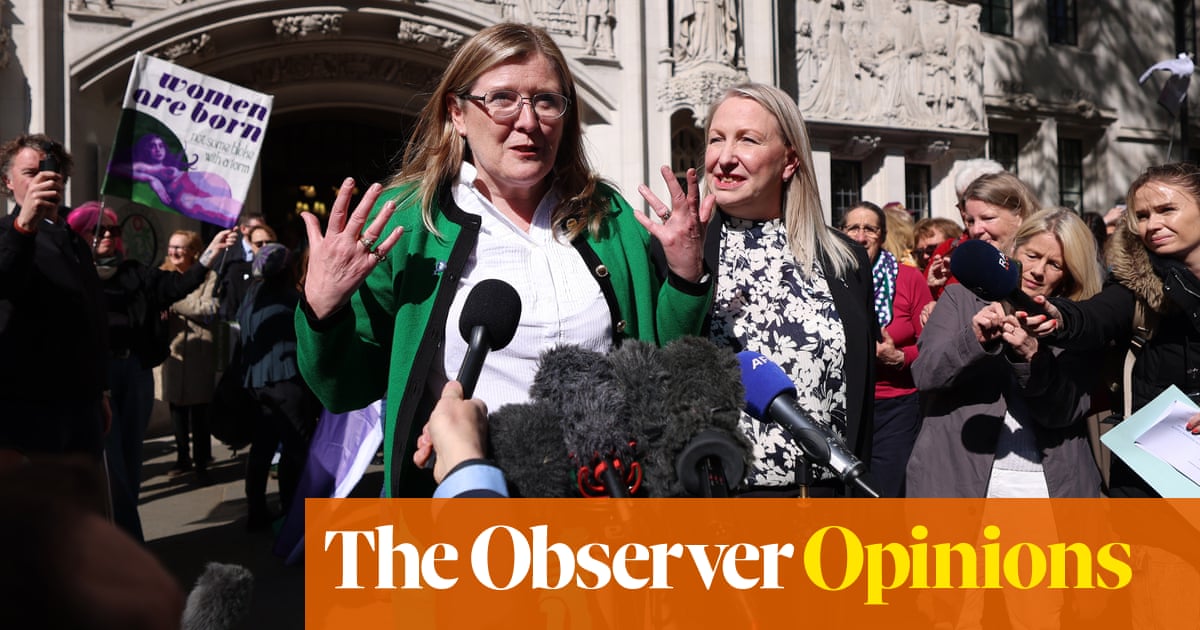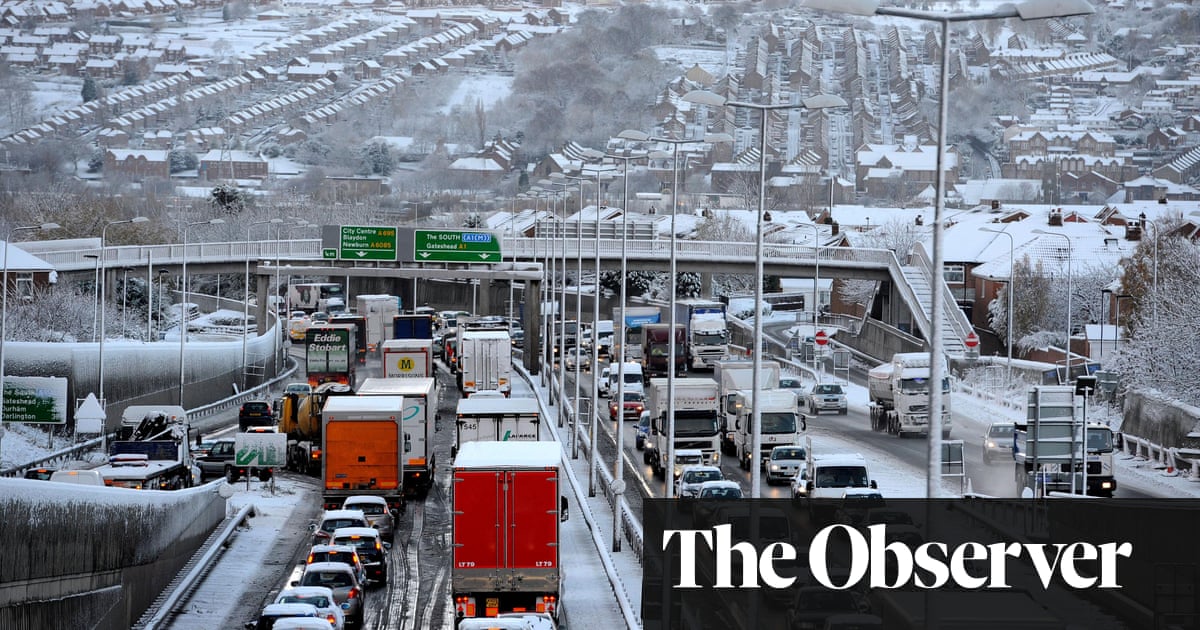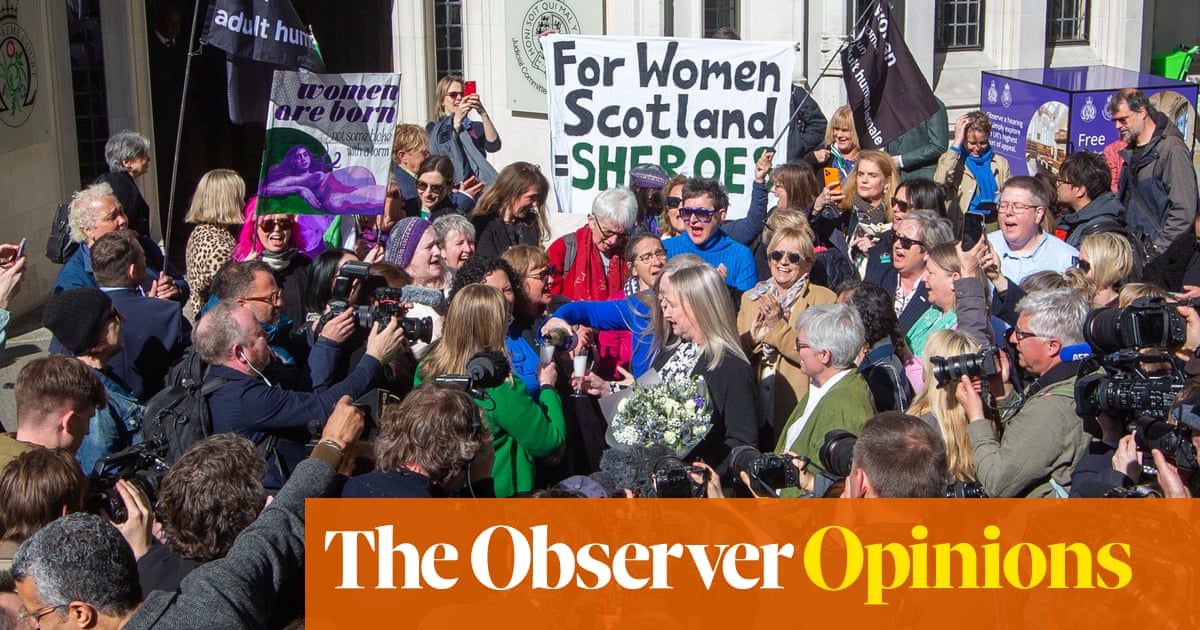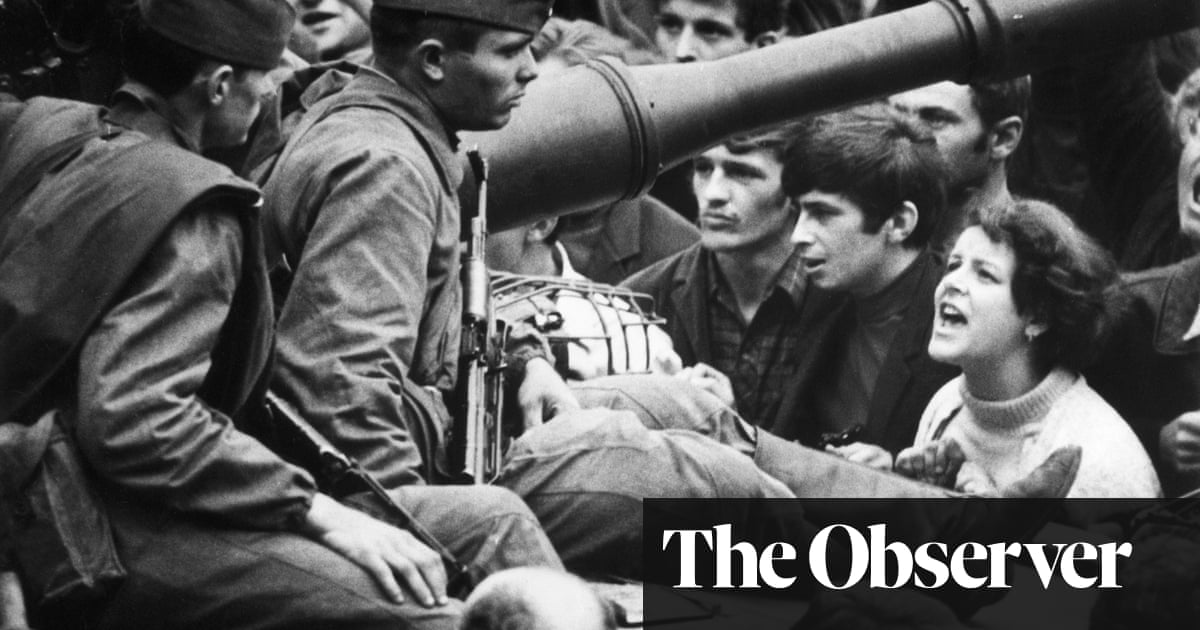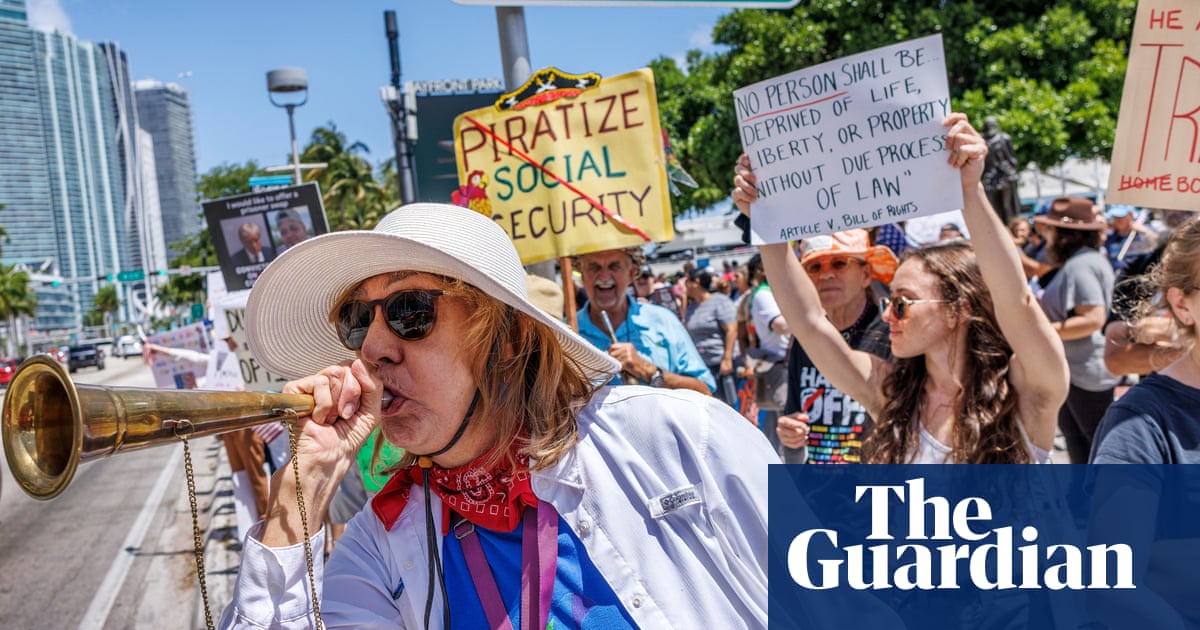As South Korean President Yoon Suk Yeol remains barricaded in his residence facing arrest, his descent from star prosecutor to isolated leader reveals a deeper story about a cold war-era ideology that continues to shape – and shake – South Korean politics.
The scenes outside his residence might look familiar to audiences who followed Trump-era politics: supporters waving American flags claiming democracy is under threat, decrying “fake news”, rallying against alleged election fraud, and calls to “make Korea great again”.
But beneath these surface similarities lies a uniquely Korean crisis, rooted in decades-old ideological battles.
In South Korea, the left-right divide stems less from conservative versus progressive values than from fundamental attitudes toward North Korea: hawks versus doves, confrontation versus engagement.
When Yoon declared martial law on 3 December, he justified it by claiming he needed to “safeguard a liberal South Korea from the threats posed by North Korea’s communist forces and to eliminate anti-state elements”.
According to Inbok Rhee, a political scientist at Yonsei University, Yoon’s words echo the language of past authoritarian rule, but with an even more aggressive tone.
“He is using rhetoric from the former military dictators, probably in an attempt to appeal to his core support group”, says Rhee. “But unlike past declarations of emergency which were based on some notion of existential threats, this time there were no internal or external threats facing the country”.
During the cold war, such rhetoric reflected genuine threats and fears. The 1968 Blue House raid saw North Korean commandos attempt to assassinate then-president Park Chung-hee. There were regular invasion and infiltration attempts via tunnels, boats and submarines. In the 1980s, certain elements of student movements expressed admiration for North Korea’s self-reliance ideology.
This history legitimised South Korea’s stringent national security act, which criminalises acts of sympathy toward “anti state organisations”, a veiled reference to North Korea. While criticised as a tool for suppressing dissent, and justifiably so, the law emerged from real security concerns that shaped a generation’s worldview.

When Yoon branded the opposition-controlled parliament as “anti-state forces intent on overthrowing the regime”, he wasn’t just attacking political rivals, he was questioning the legitimacy of democratic institutions themselves.
Today, the nature of North Korean threats has evolved. While Pyongyang’s nuclear ambitions and cyber operations pose genuine dangers, the old spectre of communist infiltrators is increasingly divorced from modern realities.
But for older Koreans, especially those who fled North Korea or lived through the Korean war, such language still resonates with deeply held fears and trauma.
These anxieties are exploited and amplified by monetised far-right YouTube channels, where unfounded claims of election fraud now mingle with warnings about Chinese interference and communist infiltration. While these represent a fringe segment of South Korean conservatives rather than mainstream conservative thought, Yoon himself has admitted to watching his supporter’s YouTube content, and it’s common to see elderly Koreans in public spaces glued to their phones, consuming hours of conspiracy content.
Yoon’s current predicament, holed up in his residence behind increasingly fortified defences and hundreds of security personnel, shows how this cold war mindset has played out.
By framing domestic opposition as an existential threat linked to North Korea, whether or not he genuinely believes in such threats, compromise becomes impossible and democratic institutions themselves become the enemy.
His use of “pro-North” accusations to justify martial law has instead highlighted how such rhetoric can pose a greater threat to democracy than the invisible enemies it claims to fight.
With traditional anti-North Korea accusations losing their power to mobilise broader public support, Yoon has increasingly appeared to borrow from the American right’s playbook, by attacking the media for example.
Recent editorials in newspapers across the political spectrum have condemned Yoon’s rhetoric. In a scathing critique, even the conservative Chosun Ilbo accused him of dividing the nation into “patriotic citizens” and “anti-state forces”, quoting words from his letter to his supporters.
As investigators attempt to serve his arrest warrant and the constitutional court weighs his impeachment, Yoon’s legacy may serve as a cautionary tale about how cold war paranoia, when weaponised for political gain, can end up consuming the people who try to wield it.
The challenge now won’t just be resolving Yoon’s fate. It will be navigating how a society, deeply fractured by ideological polarisation, moves forward when the ghosts of its past, though representing only a small but vocal minority, remain.

 3 months ago
53
3 months ago
53


